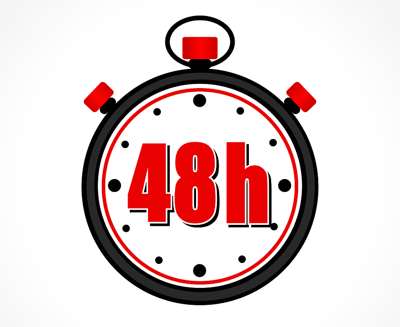 One of the UK’s leading banks has introduced a 48-hour cooling off period for customers wanting to deactivate any blocks they may have placed on their debit card.
One of the UK’s leading banks has introduced a 48-hour cooling off period for customers wanting to deactivate any blocks they may have placed on their debit card.
NatWest will allow individuals to voluntarily lift their own restrictions via the app, but by making problem players wait 48 hours the hope is that it will minimise the number that are playing for all the wrong reasons.
The firm had reported a surprising trend during the coronavirus pandemic – the number of transactions on casino sites during the Covid-19 lockdown period in the spring actually decreased, but have since begun to creep up again, which is in complete contrast to the numbers reported by the UK Gambling Commission.
It is the latest initiative from NatWest in the battle to reduce the numbers of problem gamblers that are banking with the firm, including drop-in counselling sessions at a number of their retail branches.
The CEO of retail banking at NatWest, David Lindberg, said: “The introduction of a gambling block for debit card customers will help us to equip gamblers experiencing harm across the UK with more tools to support their recovery.
“Excessive gambling and financial hardship go hand in hand, and over the last year we have offered an increasing amount of help to those customers who need it most through our trained specialists and by donating branch space for treatment therapy to reduce barriers to access.”
UK Banks Getting Savvy In Their Approach to Problem Gambling

NatWest’s cooling-off period is the latest in a series of techniques implemented by UK facing banks in an attempt to minimise problem gambling – particularly with people spending more time at home right now.
Research from GambleAware shows that fewer problem gambling cases are reported when ‘friction’, i.e. more layers of administration, are added into the equation.
That report indicated that eight major players in UK banking – which accounts for around 60% of the total customer base – offer some kind of blocking tool for gamblers, but of the 40% that don’t that means that some 28 million people don’t have access to such a feature.
The GambleAware study found that around 500,000 customers have used the gambling blocker, and therefore two or three cases of potential problem gambling are being prevented every month. And the evidence suggests that the blocking tool works as described – in 70% of cases, the individual spends less or no money on casino games after activating the lock.
The only downside is that three of the eight banks offer a blocking feature that can be instantly turned on or off, which essentially defeats the object.
Barclays are one firm that has taken that on board, and in September they extended their own cooling-off period for ‘blocked’ accounts to 72 hours, while HSBC updated their app to allow individuals to voluntarily add or remove restrictions on gambling sites.
Meanwhile, the apps from Lloyds and Halifax offer the chance to freeze certain types of transactions, employ financial tracking, access tailored support and contain a link to Gamban, the purpose-built system for blocking gambling sites en masse.
